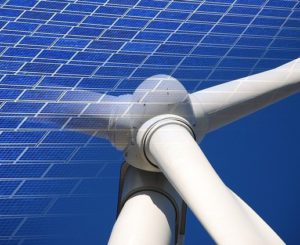One of the words you often hear from environmental activists and others is ‘sustainability’. I’ve personally been guilty of overusing it a few times, but it is because it’s one of the main concerns about natural resources, though the idea is not limited to the environment. Here’s what it means.
Definition and Example

Apart from its ecological meaning, sustainability means the ability to be maintained at a certain rate or level. Of course, this definition made its way to the environmental issues, but also its relationship with the economy and the society in general.
Simply put, it is a system that allows us to meet our needs without compromising the needs of others. Let’s talk economics for a second to show what sustainability is not.
You may have heard of pyramid schemes. They are common business models where the idea is to make as much money as possible by selling a product, but the ‘real money’ lies in recruitment and having others work for you.
You sell the product and collect the profit, but it is not enough. Then, you try to make others work for you, but the number of customers becomes depleted pretty soon, especially in smaller communities. Your colleagues and seniors are also your competitors. You need to reach a quota, but there are simply not enough people to sell to and the whole thing comes crashing down. This is exactly what sustainability isn’t.
Environment
The environment is one of the so-called three pillars of sustainability, the other two being the economy and the society. Nature has a well-balanced system of giving and taking. There is nothing the environment produces that it can’t eventually break down. Entire species vanish to be replaced by others.

Unfortunately, the human population has thrown a wrench into this. We have multi-billion dollar industries relying on finite natural resources, like lumber, coal, crude oil, and others. We spend them much faster than they can be replaced, which means it is only a matter of time before they run out.
Humanity’s survival in the future may depend on using renewable resources, like solar, hydro, and wind power, because we cannot deplete these. Quite literally, in fact. That’s why renewable resources are sustainable.
We can use them over and over again, without fear of not leaving anything for the generations to come.
